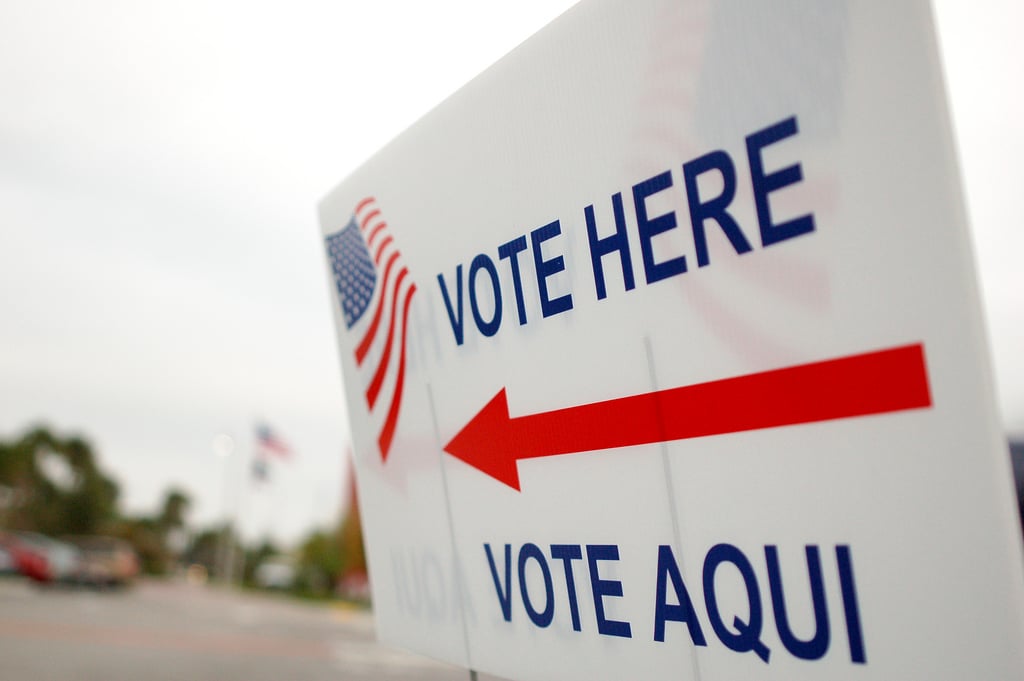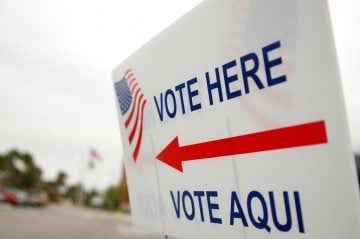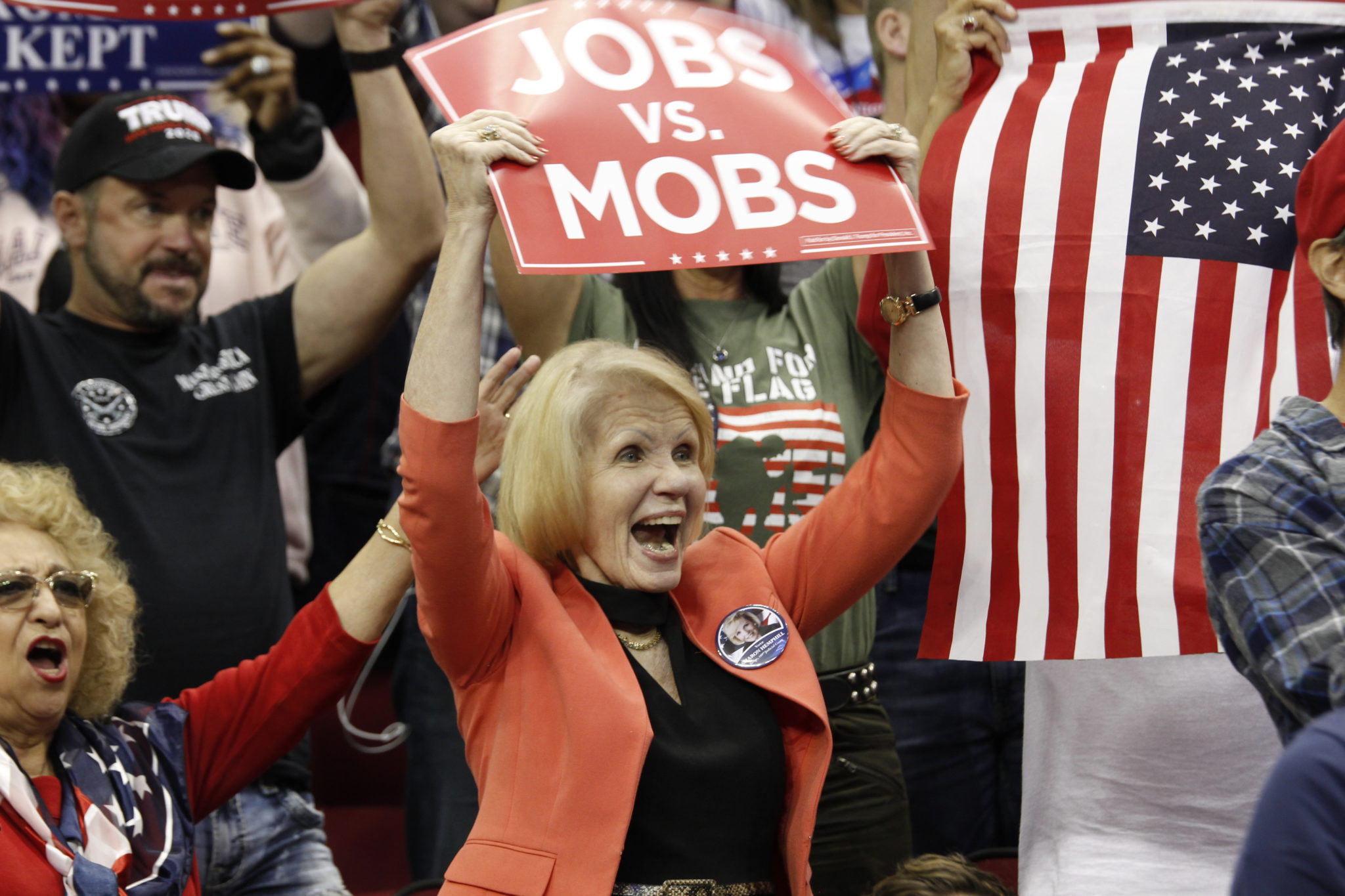
What to Watch (Besides HERO) as Texas Goes to the Polls


If you haven’t voted yet today, don’t worry, you’re not alone! These constitutional amendment elections don’t garner much attention or excitement, but there are a few items on the ballot that are important, alongside the tweaks and rule changes that typify these elections, thanks to Texas’ long and stupidly written constitution.
All the amendments will probably pass. So if you’re seeking the thrill of an election night, you’ll have to look to Houston, where the nation’s fourth-largest city is electing a new mayor to replace Annise Parker, and voting on a non-discrimination ordinance. There are plenty of comprehensive voter guides out there — here’s one from the Dallas Morning News — so in lieu of that, here are some things to watch as Texas votes today.
Proposition 1 would increase the homestead exemption for school property taxes from $15,000 to $25,000. The average homeowner in most parts of the state will save about $100 to $150 a year. You can found out how much you’d save here. But in many places, property taxes are rising so quickly that property owners won’t notice the savings — they’ll still pay more than last year, just a little less than they might have otherwise. In exchange for the tiny break, the state would forego some $600 million a year, which it is paying to school districts to compensate for the lost revenue.
It all sounds very minor, right? But Proposition 1, Lieutenant Governor Dan Patrick’s baby, is the result of a huge amount of bloodletting at the Capitol last session. Prevented from making gains in other policy areas, Patrick doubled and then tripled down on shrinking property taxes: He went to war with the House, which ultimately shrunk Patrick’s plan but didn’t beat it. This left a lot of Capitol observers scratching their heads. Even to many of Patrick’s fellow Republicans, it seemed a poor use of the state’s money. But if you’re underwhelmed by the $12 per month you may get next year as a result of Prop 1, don’t worry. Patrick says he’ll do it bigger in 2017.
Proposition 7 would take some of the state’s tax revenue and redirect it to the Texas Department of Transportation, which has complained of funding shortfalls for years. By 2020, some $5 billion that’s now treated as general revenue will go solely to TxDOT. The agency claims the funding will allow it to make long-term decisions about construction projects.
TxDOT undoubtedly needs the money. But the most interesting case against Prop 7 is that the Legislature is tying its hands even more when it comes to the way it appropriates money. With more and more revenue constitutionally dedicated, legislators have an ever-smaller pot of money they control, preventing them from prioritizing funding for various agencies in the budget-writing process.
The Houston mayoral race hasn’t exactly been setting the world on fire, and since the multi-candidate election is assuredly heading to a runoff, the drama tomorrow night largely consists of determining which candidate will accompany state Representative Sylvester Turner into the next round.
Turner’s companion in the runoff round was generally presumed, until recently, to be former Harris County Sheriff Adrian Garcia, which would make the runoff a Democrat versus Democrat election. But Garcia’s been slipping in the polls, and a number of contenders seem like they might be a rival for second place, including essentially Republican candidates like Bill King.
Turnout among Democrats is another thing to watch. Houston should be Texas’ great Democratic engine, huge and diverse as it is. But it generally hasn’t been because of anemic turnout. While turnout in Houston has been good, the makeup of the electorate isn’t clear just yet. If conservative voters show up today and Democrats don’t, weird things can happen.
That brings us to the nondiscrimination ordinance, which my colleague John Wright recently wrote about. The ordinance, fiercely opposed by social conservatives, looks precarious because of high turnout in communities that may not favor the ordinance, and extremely low turnout among young people — just 7.5 percent of people who voted early are under 35, and some 78 percent are over 50. That’s not a good sign. If it goes down, it’ll be another pretty bad own-goal for Texas Democrats in local elections.
One last thing: Exactly one item on the statewide ballot has any kind of big implication for how the state of Texas works, and that’s the Prop 7 TxDOT plan. The loudest voice on Prop 7? House Speaker Joe Straus — and Prop 7 wasn’t even a House initiative. Every other statewide elected official has been most vocal about the Houston nondiscrimination ordinance — Dan Patrick especially, who has spent more time demagoguing the Houston ordinance than talking about his own tax cut plan. So has Governor Greg Abbott and Attorney General Ken Paxton.
You know: priorities.


